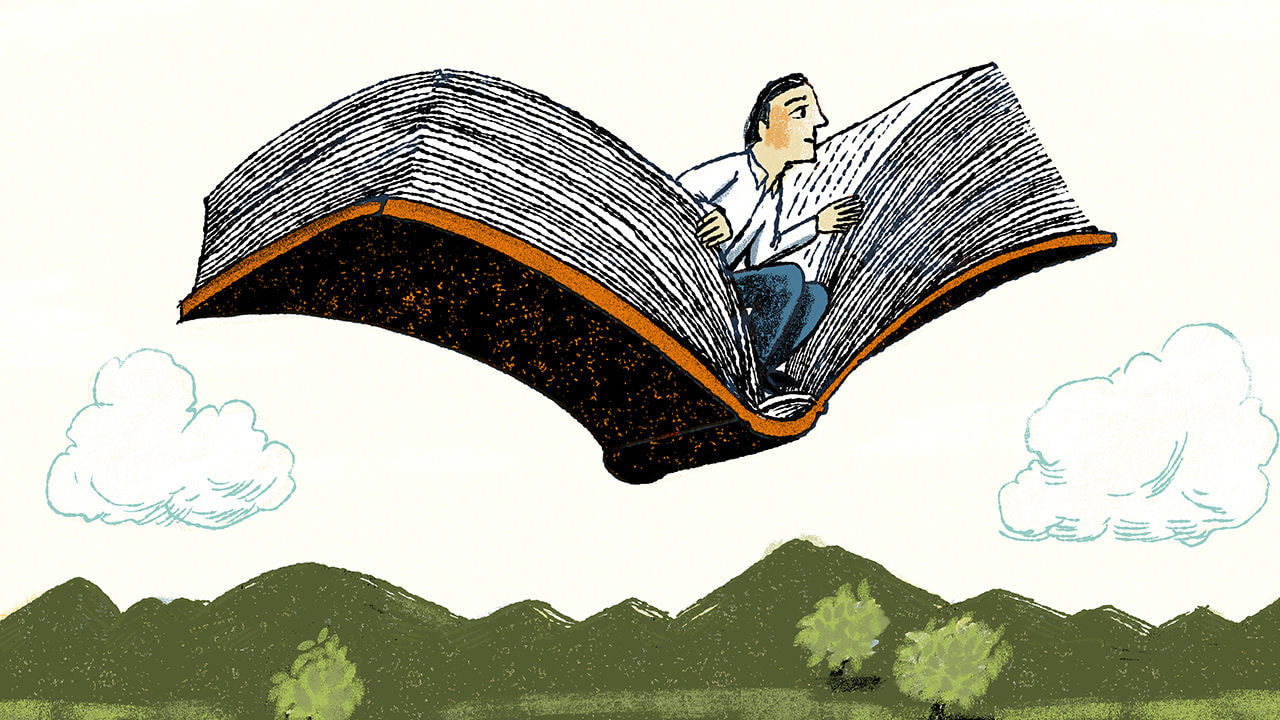However, my wife will always choose something new. Always. I have to admit that I owe some culinary revelations to this habit of hers, including my addiction to sushi and a discovery of the treasure trove that is Lebanese cuisine. But to be honest, the majority of new dishes we order are disappointments that we have no desire to encounter again. Is it worth it for the rush of discovering a delicious new food? Sure. Is it enough to stop me from ordering a pulled-pork sandwich or a pad thai for the one-hundredth time? Definitely not. So what does all this have to do with writing genre fiction? Well, some might say that reading genre fiction is a bit like ordering pulled-pork sandwiches over and over, that it makes you predictable (i.e. boring). Others might add that writing genre fiction is little more than an act of trying to resuscitate long-dead tropes while trying to pass off cheap imitations as original work. Given these two stereotypical notions, especially within the writing community, there can be a lot of shame or defensiveness around reading or writing these kinds of stories. Therefore, I feel the need to present an argument in defense of genre fiction, its readers, and its writers. "Therefore, I feel the need to present an argument in defense of genre fiction, its readers, and its writers." I would love to include a comprehensive list of all that is included under the umbrella of ‘genre fiction’, but there are endless branches and sub-branches which spiral down toward infinity in fractal patterns. Some of the most popular are Romance, Westerns, Mystery, Horror, Thrillers, Fantasy, and Science Fiction. If you are a writer or reader of any genre, or aspire to be one, this rant is for you. (And if not, feel free to go read a dictionary…)
So I’ll just go ahead and say it straight: I write Fantasy. I write cursed swords and magical monsters and medieval feasts with calorie counts high enough to kill an olympic weightlifter. I don’t have a BA in History, in Poetry, or in Literary Criticism (though I’m sure those are all great degrees to have) and I don’t aspire to be published in a literary journal. My aim in writing is not to win an argument or to show off my intellectual prowess, and it is certainly not to win prestigious literary awards to line my shelf with. "I write Fantasy. I write cursed swords and magical monsters and medieval feasts
"My highest aspiration as a writer is this: to write the book that people keep on that extra-special place on their shelf, the book whose pages are wrinkled and stained from use..." I write Fantasy because I strive to create the kind of stories I want to read. I want adventure. I want magic. And most of all, I want worlds unbounded by the shackles of our present reality or belaboured past. That is the kind of story I crave when I feel numbed by the drivel of the day-to-day, when I feel crushed between the cogs of ‘the system’, or when the itch for adventure is so insistent I can no longer ignore it. Of course, that doesn’t mean I won’t reference history or challenge real political or philosophical ideas; what it means is that I have a safe place to explore and create, a cushion between raw reality and a mental other-space where it is easier to think, explore, and feel. "That is the kind of story I crave when I feel numbed by the drivel of the day-to-day, when I feel crushed between the cogs of ‘the system’, or when the itch for adventure is so insistent I can no longer ignore it." Despite my love of Fantasy, many writers of genre fiction get it wrong. Really wrong. Their plot lines get tangled in tropes, their characters end up skewered on tired stereotypes, and the overcooked hyperbole of their world causes it to collapse in on itself. In fact, these fumbled attempts at imitation, rather than creation, are what give genre fiction a bad name in the writing world. So where does good genre fiction start? Well, it starts with a promise.
"Promise is the foundation of genre fiction... You must fulfill the promise of your genre But don’t stop there. Give your genre fiction something extra. Zest it with a character or an idea that will catch your reader off-guard, that will make them think, that will stay forever impressed on their minds. Give them the rush and the escape that they have felt before while reading that genre and then dazzle them with something they never expected.
So don’t be ashamed of writing or reading genre fiction. If you are a writer then start with the promise and build off of that foundation. If you are a reader, don’t settle for dry characters or soggy plot lines. Now, you’ll have to excuse me because I am really craving a pulled-pork sandwich... For more advice about writing genre fiction, Joshua recommends listening to the Writing Excuses podcast.
1 Comment
|
AuthorJoshua Gillingham is an author, editor, and game designer from Vancouver Island, Canada. Archives
April 2022
Categories
All
|







 RSS Feed
RSS Feed
